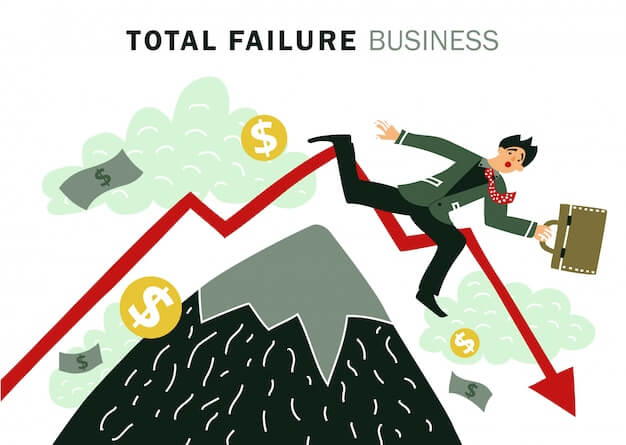Recently, there has been a lot of buzz about the capital winter theory, with some saying that it is an inevitable capital downfall and others saying that it is a move by venture capitalists to put the wind in their sails for profit. Whichever is correct, it is clear to entrepreneurs that the environment is not what it used to be. For more entrepreneurs, the first thing to consider is how to survive this period and move on to ultimate success.

In fact, even without the capital winter, the probability of startup failure is very high according to the Silicon Valley rule that 90% of startups will fail and 90% of incubators will fail. So, what are the reasons for startup failure? Apart from the effects of force majeure, most startup failures are due to the implementation of decisions that do not meet the real needs. The most representative cases are Kodak, Nokia, HTC, etc. The world's leading consulting firm, RAND Corporation, believes that 85% of every 100 large enterprises in the world that go bankrupt are caused by the careless decisions of business managers.
It can be seen that by increasing the success rate of decision-making, the probability of business failure can be greatly reduced. In this regard, Daniel Kahneman, a psychologist and economist who won the Nobel Prize in Economics in 2002, believes that "prior autopsy" is a good strategy to solve the problem of poor decision-making.
Why are decisions always wrong? The cost of over-optimism

To ensure that most decisions are right, it is important to understand that no matter how smart a person is, he or she will make some very "stupid" decisions, including the one in the Romance of the Three Kingdoms when Zhuge Liang lost his pavilion. Is it really impossible for people to be right all the time? The answer is yes, there is no such thing as a person who is always right, so mistakes are inevitable. Like the little story of the two men in the forest being chased by a tiger, all you have to do is run faster than the other man, or make fewer mistakes, and then your chances of success will be much higher.
According to Daniel Kahneman's research on human behaviour, over-optimism is an important factor in why smart people do 'stupid' things. The first thing that must be acknowledged is that successful academics, inventors and entrepreneurs all have one thing in common: optimism. Optimism allows these people to actively seek out challenges and to take risks, which is why they have been able to achieve success in different fields. In addition to these efforts, of course, good luck is also a major factor. For entrepreneurs, choosing the wrong decision when they have not yet made a name for themselves can be costly, but again, they should not choke on their optimism, and it is still important to maintain it. There is a saying that the person in authority is confused and it is difficult to rely on one's own vigilance. However, there is a good way to reduce the number of mistakes in decision-making, and that is "prior autopsy".
"Ex-ante autopsy: a good way to reduce decision-making errors
As already mentioned, there is no way to completely eliminate the existence of mistakes in decision making. There are very few companies that do not make mistakes in their business, and they all face strong competitors at a given time. So, reducing mistakes in decision making, combined with luck, can greatly improve your chances of success in business.

Gary Klein, the psychologist who first proposed the ex-ante autopsy, found that organisations can dampen optimism better than individuals. Gary Klein proposed that when a decision is finalised, there should be a short meeting of all those who know something about the decision, with everyone participating in a hypothesis that says: "Imagine that we have implemented the existing plan a year from today and it has failed miserably. plan, but it has failed miserably. Please take 5 to 10 minutes to write down the reasons for this fiasco." This is the classic 'autopsy beforehand', where, according to Gary Klein's vision, if everyone who knows something about the decision gives their opinion on why it failed, then it is like an autopsy that identifies in advance any areas of the decision that may have been over-optimistic, which is valuable in reducing the number of mistakes.
















